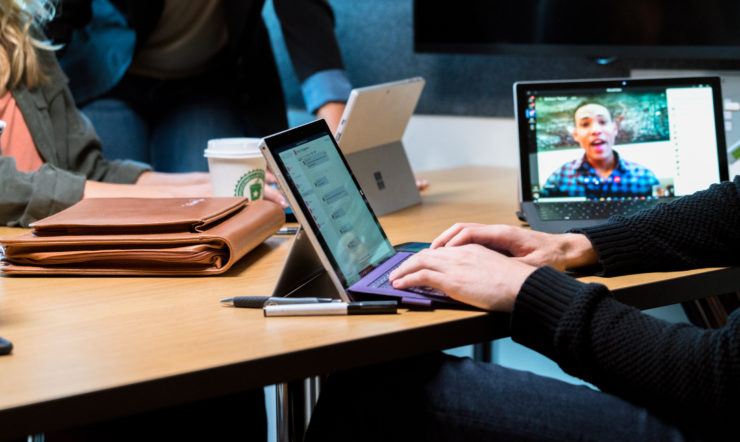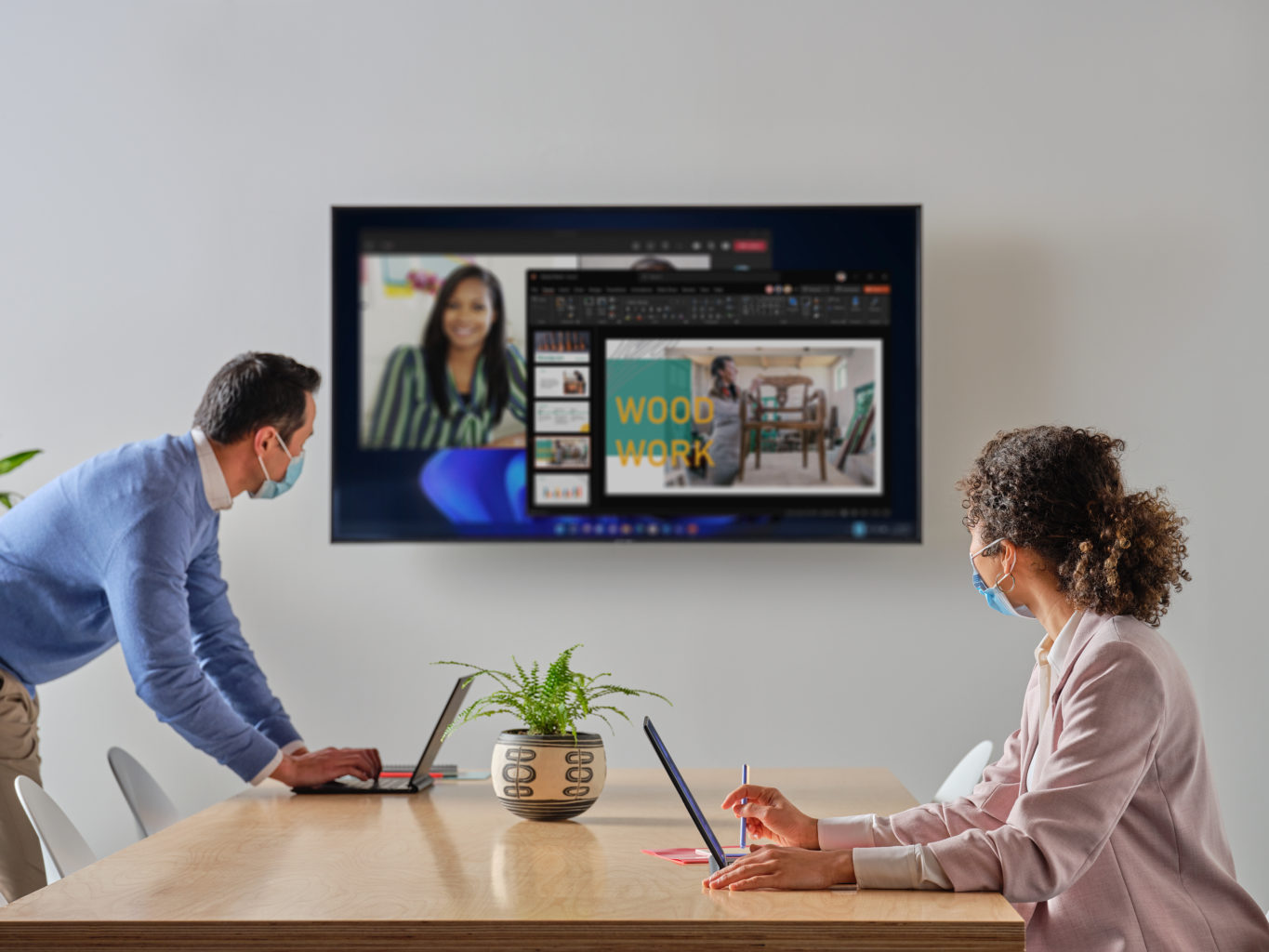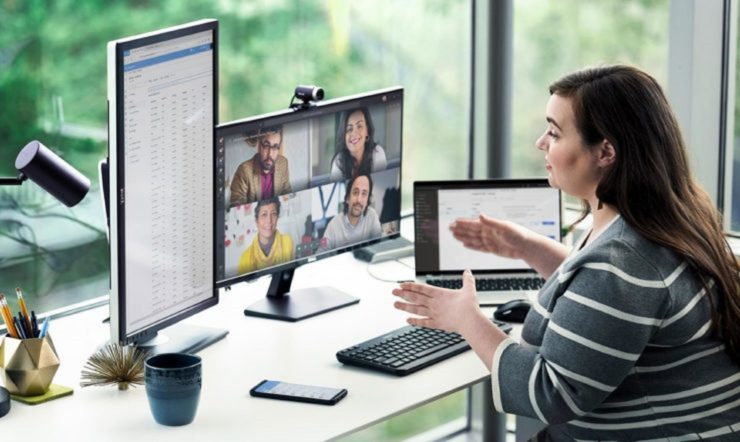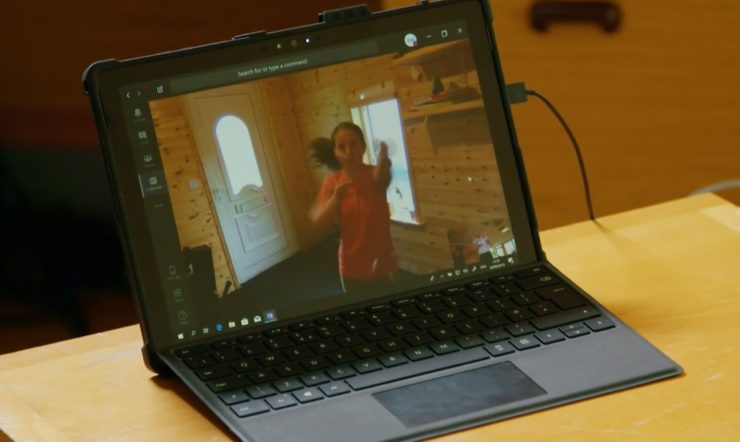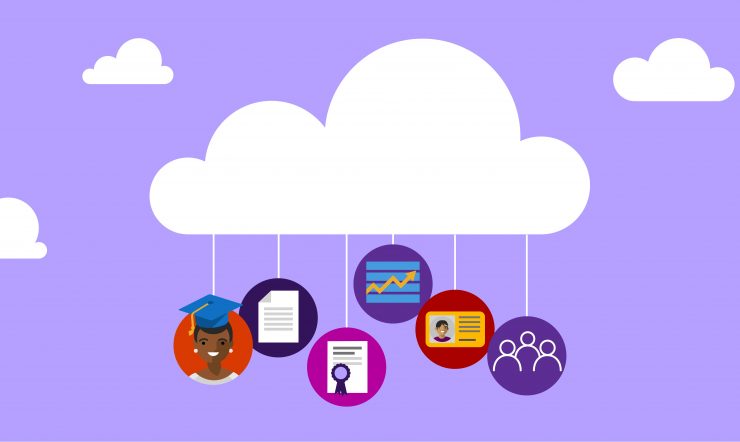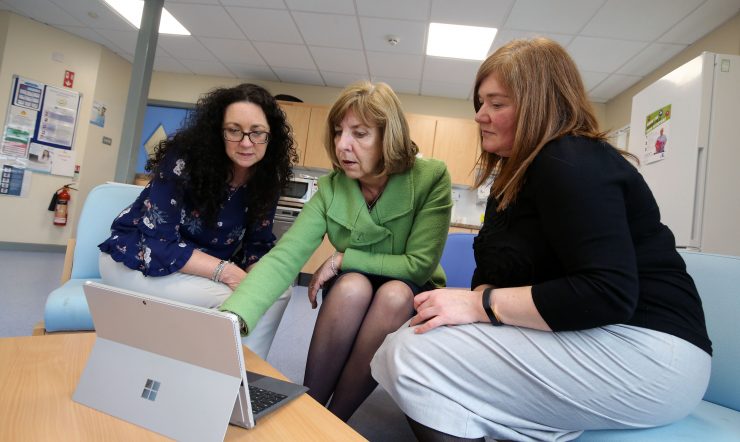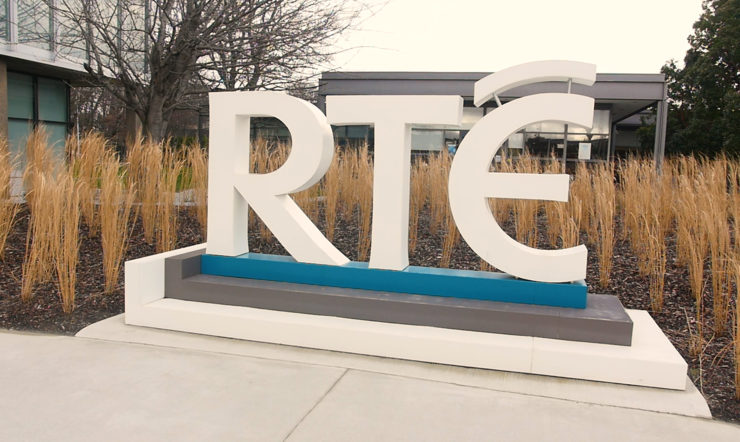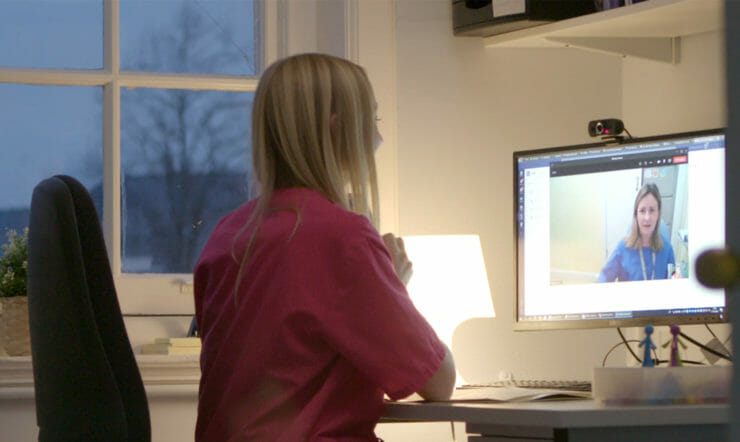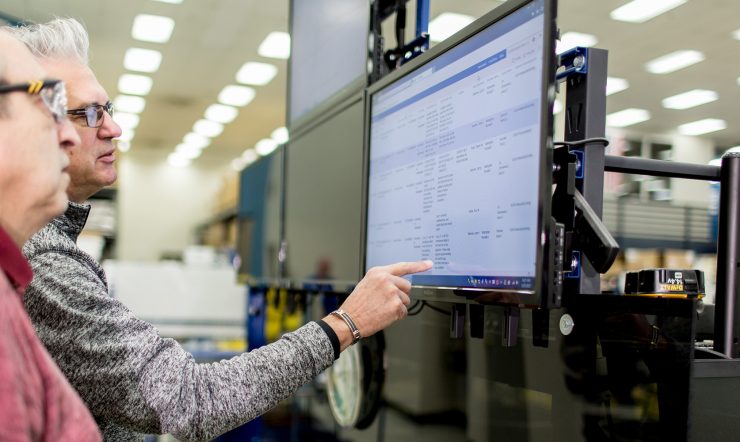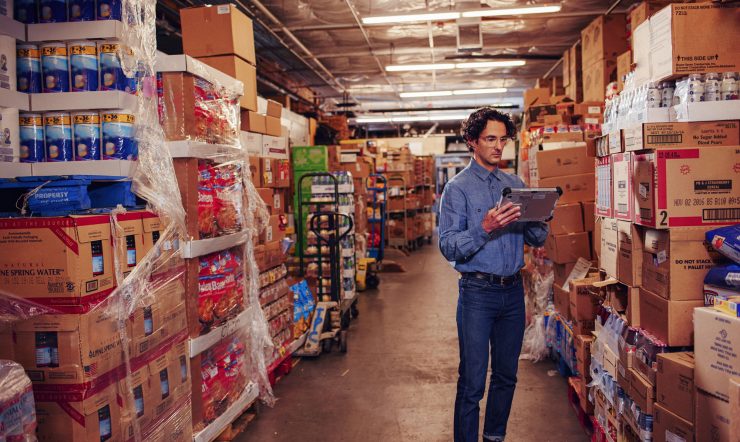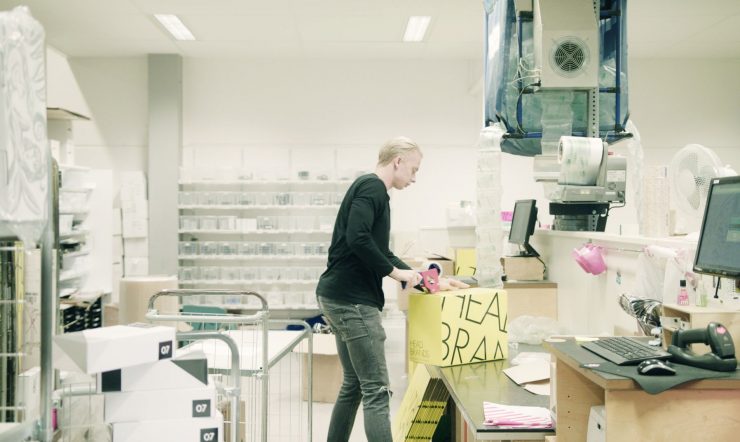The next 12 months are a pivotal time for many leaders in determining how to transform the workplace and best meet the needs of employees after such a dramatic change in ways of working.
Microsoft Ireland recently surveyed more than six hundred workers across Ireland and, in addition to Microsoft’s global 2022 Work Trend Index study of 31,000 technology and healthcare workers in thirty-one countries, identified key focus areas for Irish business leaders navigating the unchartered territory of permanent hybrid working.
The insights reveal just how seismic the shift in employee expectations has been globally and our local research confirms Irish workers are no different. Some of the changes in workers’ priorities include an intention to make career changes based on flexible working hours, a desire for a more positive work culture, and strong health and wellbeing policies. It’s clear that there is no appetite to revert to the pre-pandemic ways of working, and nor should there be.
According to the Irish research, about 40% of workers indicated that they were considering changing jobs this year, highlighting a sustained challenge in relation to recruitment and retention for employers. Globally, Gen Z and millennials were more likely to consider a new job in the next year, making it clear the ‘Great Reshuffle’ is far from over.
And based on the findings of both the global and the Irish research, it seems there is no erasing the experience of the last two years either. Our research found that remote or hybrid working has negatively impacted the networks, social circles and relationships between colleagues and teams. Workers reported feelings of loneliness and demotivation, difficulties in building trust among team members and challenges with innovation and idea generation.

The shift to a hybrid workplace, therefore, must begin with culture – one that embraces a growth mind-set and a willingness to re-imagine nearly every aspect of the way work gets done. Poor company culture was cited as the biggest contributing factor as to why people sought new employment in 2021. Conversely, a positive workplace culture was also cited as the most important benefit an employer could provide, proving that people don’t leave jobs, they leave culture.


Workers need must now seize the opportunity to develop organisational policies that are aligned to this new way of working, invest in the solutions that will empower it, and foster a positive culture. In so doing, employers will retain their talent as well as attract new talent. Equally, every employee will need to develop new skills to adapt to this new way of working.
With the right support and tools, hybrid work can unlock the potential for a workplace that works for everyone. At Microsoft, we believe that the transition will benefit from technologies designed for this hybrid world, ones that bridge the digital and physical, while ensuring every employee can engage and contribute, regardless of where, when, or how they’re working.
At an organisational level, through applications such as Microsoft Viva, aggregated data can provide businesses and HR leaders with a deeper understanding of how employees are navigating the hybrid environment. These insights will then support leadership and HR teams in crafting effective strategies that empower managers, establishes boundaries around flexible working hours, and creates equity between the digital and physical experience.
The research also tells us that we need to empower our managers to lead their teams and respond directly to the desire for flexibility in order to contribute to better outcomes for all. When employees thrive, businesses thrive. It’s clear that we need to rethink the role of the office and consider the ‘who, where and why’ of in-person gatherings. For flexible work to be sustainable, there needs to be boundaries to guard against a 24/7 workday.
We now have an opportunity to redesign how we work and create something together that’s better than what it was, and better than it is today. As we navigate the months ahead, we must encourage collaboration, inclusion, and a personal experience that can in turn will foster a culture of digital inclusion and empowerment within the hybrid model, whether working from home, or in the office.
